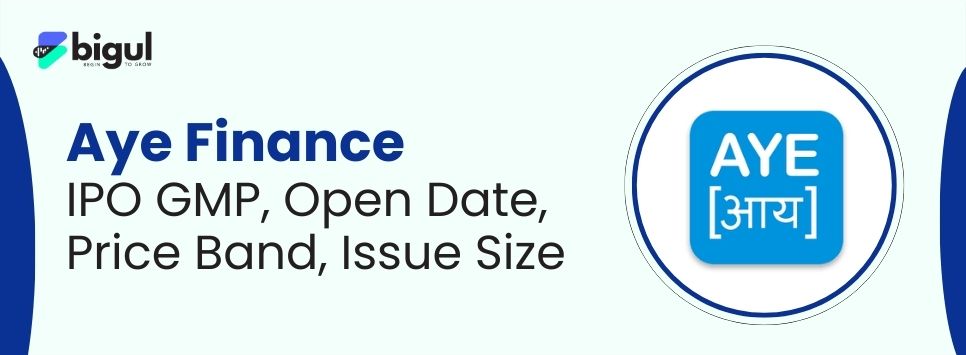Tax Planning is a part of Financial Planning; it is a process of formulating a financial plan from the tax point of view. Tax Planning is done to achieve maximum tax efficiency. In simple terms, it is a plan that is created to ensure that the taxpayer makes the best use of all the tax exemptions and deductions and other benefits that have been given to a taxpayer by the Income Tax Act 1961 so that the tax liability of the taxpayer is minimised while at the same time adhering to the provisions of the act.
The primary difference between Tax Planning and Tax Evasion is that Tax planning is a legitimate method of minimising tax liability, while tax evasion is when a person avoids paying their tax and conceals income.
Tax Planning Bases on Assesses Status
Individual Tax Planning:
Income tax has allowed a wide range of exemptions and deductions for Individual taxpayers. Most of these deductions are available to the taxpayer under Sections 80C- 80U of the Income Tax Act,1961.
Corporate Tax Planning
This means reducing the tax liability of the registered company by taking deductions on the expenses allowed, such as office expenses, transport costs, employee benefits and the other deductions allowed under Chapter VI-A of the act.
Objectives of Tax Planning
- Minimising the tax burden of the taxpayer
- To channelise his income into different investment avenues allowed under the income tax act.
- Reduced litigation as tax planning is carried under the framework of the income tax act.
Types of Tax Planning
- Long- and Short-range tax planning: It is done at the start and end of the financial year, respectively. Ex: retirement planning
- Purposive Planning: Done with a specific purpose and objective
- Permissive Tax Planning: That is allowed under the framework of the law.
STRATEGIES – Tax Saving Investments
Most of the deductions on tax saving investments are available under section 80C/80CCC/80CCD of the income tax act, in which the assets are eligible for deduction up to 1.5 lakhs. The investment options under 80C are
- Equity Linked Saving Scheme
Mutual Fund ELSS is a class of mutual funds eligible for deduction under 80C of the income tax act. These mutual funds come with a lock-in of 36 months.
2. NPS
NPS stands for National Pension Scheme. The investments made in NPS are locked until the investor reaches the age of 60.
3. ULIP
Unit Linked Insurance Plan offers insurance plans along with the benefit of investment. The premium paid is divided into two parts. One part goes into life cover, and the other goes into investments.
4. PPF
Public Provident Fund is a long-term saving cum investment product. The amount gets locked in for 15 yrs.
5. Life Insurance
Life Insurance premiums paid during the year qualify for deduction under this section.
6. NSC
National Savings Certificate offers fixed income. NSC offers guaranteed interest along with capital protection.
7. Sukanya Samriddhi Yojana
This scheme is applicable to any girl child below the age of 10yrs. The account matures 21 yrs after the account opening, or she gains 18 yrs of age or in an event or marriage.
8. Bank FDs
These bank FDs have a lock-in period of 5yrs. Interest earned is taxable.
9. Senior Citizen Saving Scheme
A person who retired and has attained the age of 55yrs but below 60 yrs or any person above 60yrs. The interest received under this is tax-free. Lock in period is 5 yrs.
10. The principal amount of the home loan repaid during the FY
The principal amount repaid during the year is eligible for deduction under this section.
Additionally:
- A person can also claim a deduction under health insurance premiums paid under 80D
- Additional deduction for home loan interest under 80EE
- 80TTA deduction on savings bank interest
- 80E deduction on Education loans
There are specific rules and time limits to be followed to be eligible to claim all these deductions.
The Taxpayer can use the above-mentioned investment to minimise his tax burden and, at the same time, derive future benefits from the investments made.

.jpg)







.jpg)


